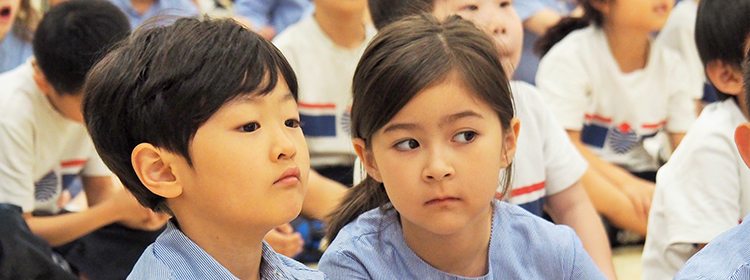One of the most significant milestones in a child’s educational journey is the transition from kindergarten to primary school. This period brings increased expectations — from completing daily routines to gaining independence in learning and self-care. While schools make dedicated efforts to support a smooth transition, there’s a great deal that families can do at home to reinforce readiness for Year 1.
Here are some practical, child-friendly strategies to help prepare your little one for this exciting new chapter.
Encourage Independence
Support your child in becoming more self-reliant. Encourage them to dress themselves, pack their own bag, tidy their belongings, and manage simple daily tasks without adult assistance. These small habits build confidence and foster responsibility.
Foster Social Skills Through Play
Arrange regular playdates or social time with other children. This helps your child practice important skills like sharing, turn-taking, and communication — all of which are essential for classroom and playground interactions.
Boost Focus and Problem-Solving
Engage your child in games and activities that require concentration and patience. Puzzle-solving, board games, or even simple matching games encourage persistence and critical thinking, preparing them for learning environments that require attention and follow-through.
Practice Good Sportsmanship
Teach your child to be gracious in both winning and losing. Whether playing a game at home or on the playground, learning how to handle competition and accept outcomes is a key part of emotional resilience.
Leave Room for Unstructured Play
Avoid overloading your child’s schedule. Free time is crucial for creativity, self-regulation, and stress reduction. Resist the urge to enroll your child in multiple formal classes — instead, allow for exploration and imaginative play.
Read Together – Frequently and with Joy
Reading is one of the most powerful tools to prepare for school success. Make it a daily ritual. Read in different languages if possible, and invite everyone in the household — including caregivers — to participate. Ask questions during and after the story to build comprehension, curiosity, and critical thinking.
Explore the Outdoors
Get outside as often as you can. Whether it’s a nature walk, a visit to the park, or a small family outing, outdoor adventures foster curiosity, motor development, and a love for exploration.
Treasure the Moment
Most importantly, enjoy this special phase of life. Childhood passes quickly, and these small moments spent connecting, playing, and learning together lay the foundation for a happy, confident student — and a strong family bond.
Below, schools and parenting experts share additional insights into how they support children during the early years of school and create a positive, engaging first experience in formal education.
